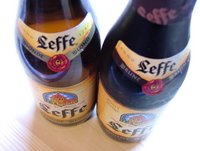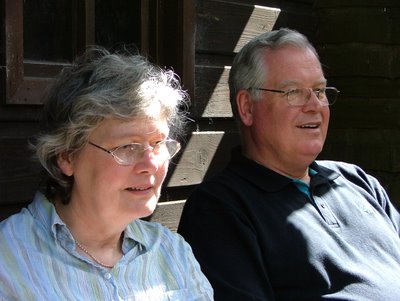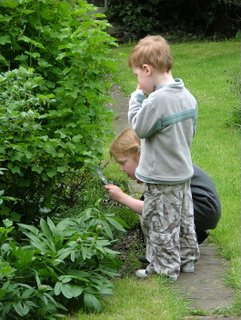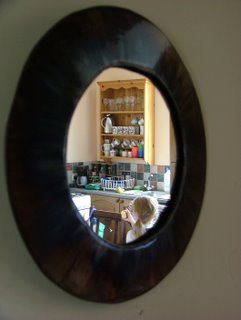
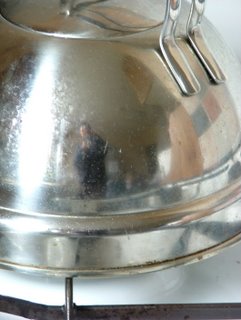
I have a number of close friends, each of whom have been committed Christians for many years, who find themselves at present questioning whether God is interested in being actively involved for good in their lives, or even exists. For some, the thing they are wrestling with is the gulf between their experience – in particular, various different kinds of loss – and the way in which they hear other Christians – in particular, those in positions of leadership – talk about life lived in relationship with God. For others, the thing they are wrestling with is finding that God is silent – or, perhaps worse, has become silent – again compounded by a church culture that speaks freely of hearing God clearly and regularly. In each case, there is concern of being rejected – or at least told that the problem lies within themselves – by their community if they were to publicly break the (perceived or actual? probably a bit of both) conspiracy of certainty.
I’m of the opinion that, this side of heaven, our experience of God is always partial, always provisional, continuously being over-written, “but a poor reflection…” And that does not mean that I believe that God is unknowable, or that he hasn’t revealed himself to us: just that we don’t have any right to be dogmatic about our knowledge, our experience of relationship with God. It is a child, not an adult, who needs the world to be a simple, black-and-white, place. And there is something that is greater than both faith and hope, and that is love.
[The photos are reflections of my daughter – someone who exists, and whom I know in part – in the kettle and a mirror.]
But I’m wondering about something else. One of the ways Jesus described God (and he should know), in more than one context and on more than one occasion, is as a man who goes away on a journey for a long time [the parable of the tenants,
Matthew 21:33-46 //
Mark 12:1-12; the parable of the talents,
Matthew 25:14-30]. I’m wondering what it means to take that description seriously – and I’d want to suggest it means that
just because God is omnipresent does not mean that our experience of God is, or is meant to be, omnipresent. Perhaps experiencing the absence of God is not abnormal, but one aspect of the normal Christian life; not the result of some failing to exercise faith on the part of the human, but the result of one aspect of God’s character – a God who, according to Jesus,
will return (this experience may be long, but it isn’t indefinite) and
will restore justice (making right the wrongs we have suffered, as well as those we have inflicted). That might not make everything okay…but it does mean that you can tell your equivalent of Job’s comforters to take a long walk off a short pier (in a loving and non-judgemental way, of course).
“Love never fails. But where there are prophecies, they will cease; where there are tongues, they will be stilled; where there is knowledge, it will pass away. For we know in part and we prophesy in part, but when perfection comes, the imperfect disappears. When I was a child, I talked like a child, I thought like a child, I reasoned like a child. When I became a man, I put childish things behind me. Now we see but a poor reflection as in a mirror; then we shall see face to face. Now I know in part; then I shall know fully, even as I am fully known.
“And now these three remain: faith, hope and love. But the greatest of these is love.”
1 Corinthians 13:8-13emerging church ,
hearing God ,
talking about God ,
faith and doubts ,
the absence of God
 Our shower has been broken for a fortnight. All repairs have to go through the letting agents; and heels have been dragged. In the meantime, basin washes; and washing hair in the showers after swimming today at the public baths.
Our shower has been broken for a fortnight. All repairs have to go through the letting agents; and heels have been dragged. In the meantime, basin washes; and washing hair in the showers after swimming today at the public baths.
